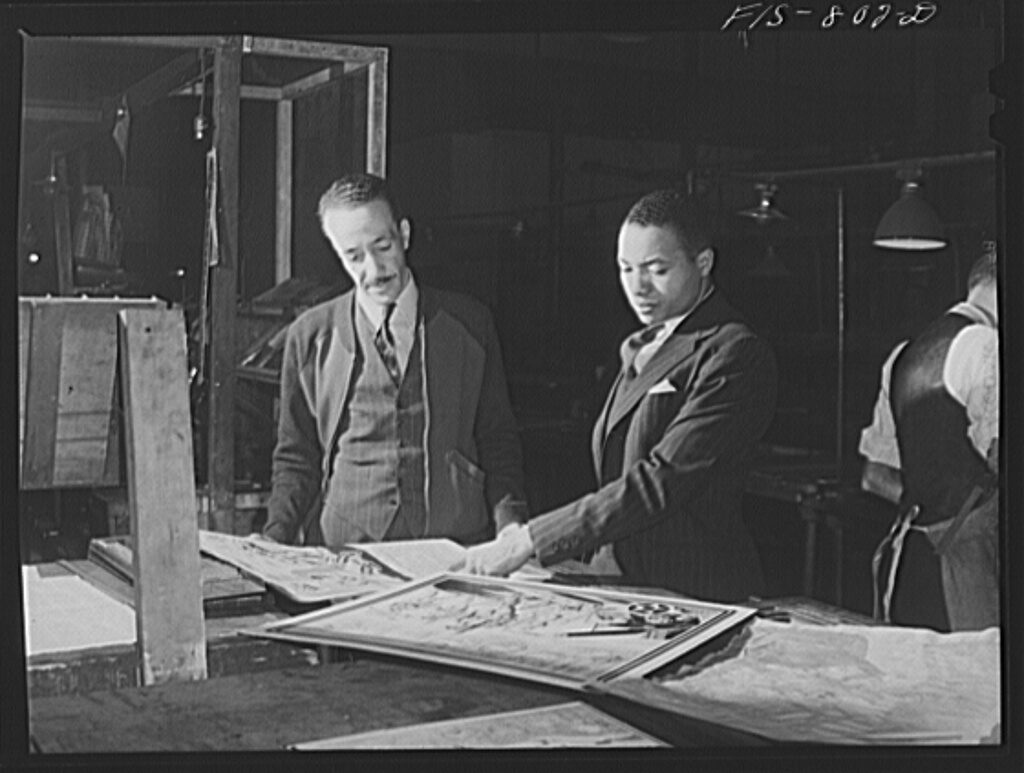African American History Month is an annual celebration of achievements by African Americans and a time for recognizing their essential role in US history. This week, let’s look at the legacy of African American journalists.
African American journalist Ida B. Wells was born on July 16, 1862. Wells’s work as a journalist provided a public forum for her crusade against lynchings and other violations of basic human rights. Learn more in “Ida B. Wells and the Activism of Investigative Journalism.” For additional primary sources of the work of Wells, visit this post from the Library of Congress.
The work of Ida B. Wells and other journalists can provide an effective launchpad for learning through a classroom unit, in which students explore some of the ways journalism has contributed to the advancement of human and civil rights causes around the world by spreading information and affecting public sentiment. Learn more in this blog post.
Dr. Kelly Miller was an educator, mathematician, writer, and advocate for African American education. Miller is recognized as a prolific African American pamphleteer, producing dozens of essays published by him or by other African American publishers. He edited Kelly Miller’s Monographic Magazine and wrote a number of books as well. This guide from the Library of Congress provides access to selected Library of Congress digital and print resources as well as links to external websites on Dr. Kelly Miller.
A Junior Fellow from the Library of Congress researched the history of African American newspapers and shared some of the most influential ones of their time.
NCTE member Alana Rome discusses “Recognizing the Importance of Scholastic Journalism.”
See the “Resolution on the Importance of Journalism Courses and Programs in English Curricula” which recognizes and promotes journalism as a vital part of the discipline of English. Learn more from the Assembly for Advisers of Student Publications/ Journalism Education Association (AASP/JEA.) This Assembly serves advisers of student media, such as newspapers, yearbooks, websites, literary magazines, radio, and video, by supporting free and responsible scholastic journalism; by providing resources and educational opportunities; by promoting professionalism; by encouraging and rewarding student excellence and teacher achievement; and by fostering an atmosphere which encompasses diversity yet builds unity.
Curious about the NCTE and Library of Congress connection? Through a grant announced by NCTE Executive Director Emily Kirkpatrick, NCTE is engaged in new ongoing work with the Library of Congress, and “will connect the ELA community with the Library of Congress to expand the use of primary sources in teaching.” Stay tuned for more throughout the year!
It is the policy of NCTE in all publications, including the Literacy & NCTE blog, to provide a forum for the open discussion of ideas concerning the content and the teaching of English and the language arts. Publicity accorded to any particular point of view does not imply endorsement by the Executive Committee, the Board of Directors, the staff, or the membership at large, except in announcements of policy, where such endorsement is clearly specified.

